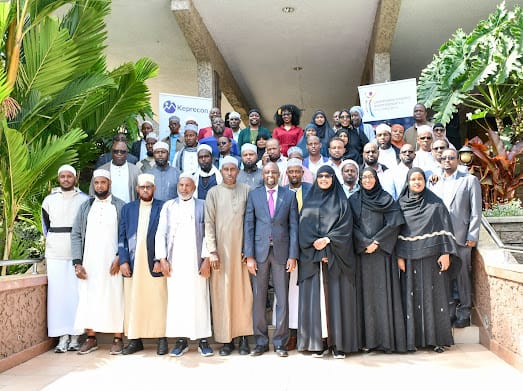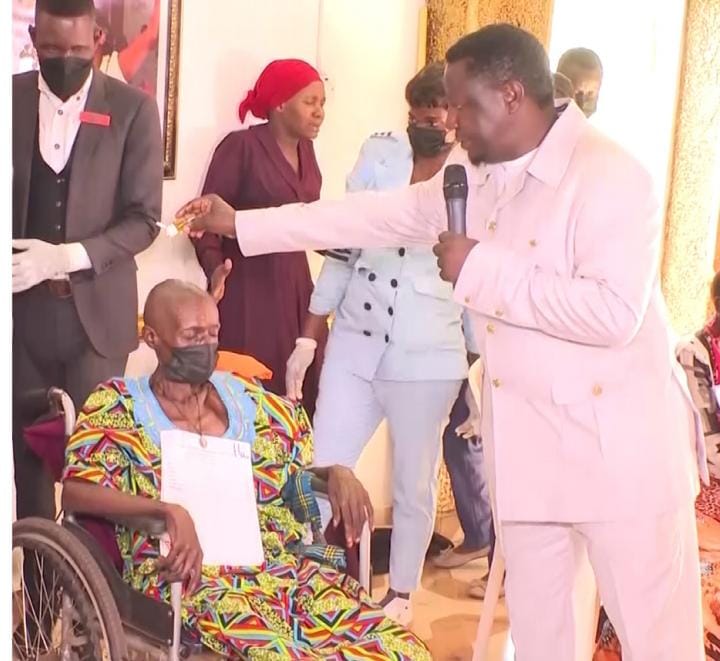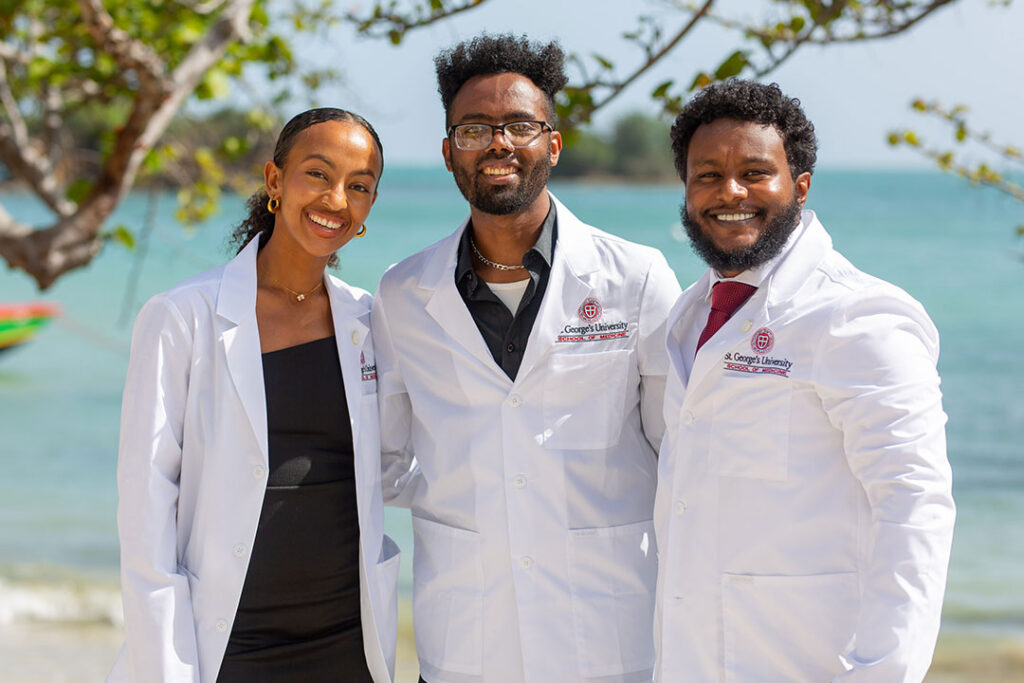By Njeri Irungu
In a landmark effort to combat cervical cancer and improve immunization rates in Northeastern Kenya, the Kenya Paediatric Research Consortium (Keprecon), through its Championing Evidence Advocacy (CEBA) for Primary Health Care (PHC) and Reproductive, Maternal, Newborn, Child and Adolescent Health and Nutrition (RMNCAH+N) initiative, has convened a high-level knowledge-sharing meeting with religious leaders from the region.
The meeting was designed to build the capacity of religious leaders in understanding and advocating for the Human Papillomavirus (HPV) vaccine. By equipping these influential figures with the right knowledge and tools, Keprecon aims to drive more informed, culturally sensitive conversations about HPV vaccination across the region. The ultimate goal is to foster community acceptance and boost vaccine uptake in areas where resistance and misinformation have hindered progress.
During the meeting, Professor Fredrick Were, Chief Executive Director of Keprecon, highlighted the critical role religious leaders play in shaping public opinion and driving behavioral change within communities. He noted that engaging these leaders is not merely about sharing information, but about empowering them to become vocal champions of health and immunization.
The session aimed to achieve several objectives. It sought to raise awareness and deepen understanding of the importance of HPV vaccination in preventing cervical cancer. It also addressed and clarified common cultural and religious misconceptions that have slowed community acceptance of the vaccine. In addition, the meeting reinforced the idea that religious leaders can serve as advocates for HPV vaccination uptake, while also encouraging them to support broader policy messaging and push for increased local funding for RMNCAH+N programs.
The event drew an impressive turnout, including not only prominent religious figures from the Northeastern counties, but also the Deputy Governor of Mandera and First Ladies from Wajir and Isiolo. Senior officials from county health departments and representatives of religious umbrella bodies such as the Supreme Council of Kenya Muslims (SUPKEM) also participated, underscoring the meeting’s importance and wide-reaching impact.
Through its CEBA project, Keprecon has identified persistent barriers to immunization in the Northeastern region, particularly a lack of equitable access to services and widespread ignorance. These challenges, compounded by inadequate information flow, have left many communities without accurate knowledge about routine and HPV-specific immunizations. The knowledge-sharing session is part of Keprecon’s wider effort to close this information gap and to ensure that those with influence—especially faith leaders—are well-equipped to advocate for life-saving interventions.
Professor Were expressed confidence that this initiative would yield lasting change. He emphasized that leaders from the Northeastern region have reported alarmingly low immunization rates for both routine vaccines and the HPV vaccine. By engaging them directly and providing clear, evidence-based information, Keprecon is hopeful that these religious leaders will now return to their communities as well-informed allies in the fight against cervical cancer.
This collaboration between a leading pediatric health body and faith-based leadership is being hailed as a powerful model for culturally grounded, community-driven health advocacy—one that could be replicated across Kenya to address other pressing public health challenges.



